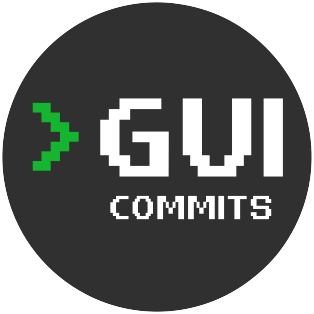Goals 2021/Q2
As you might already know, I decided to make my goals public this year. As part of my strategy to achieving that, I decided to do small sprints: iterate per quarter instead of a whole year to realize if I failed or not.
I'm betting that I can increase my odds of success (and happiness) by allowing me to measure my progress earlier and frequently - no surprises in December!
Notion is still my favorite tool to track my progress with their fancy timeline view.
🦘 What I'm (still) skipping
- Learning Golang
- Speaking Deutsch
🎯 Review from last quarter
I see my goals as a maneuver that I can manipulate to point out to my desired direction as I go. I don't really know where I want to be in 10 years, not even 1 year, thus I'm "feeling it" and deciding as I fly.
In my handbook, it's fine (and good) to change goals. It means I figured out something I don't want to do sooner so I saved time.
| Goal | Result |
|---|---|
| I know how to start a small digital business | ❌ Failed and modified |
| I'm able to solve any coding challenge | ❌ Failed and modified |
| I can share knowledge through my own platform under my administration | ✅ Accomplished |
Expected outcomes
🏗 I got strong foundations in programming
From day one I was unmotivated with the idea of solving code challenges just for the sake of solving code challenges. But I felt there was some opportunity in there for growth, I just didn't understand what/where/how.
After giving some thought to how much I sucked on algorithms, a friend (Thank you Mitre) of mine pointed out I should care more about understanding the foundations. If I conquer the foundations I can achieve anything. This truly motivated me. That what I was lacking, that's why I failed on that goal.
Data Structures and Algorithms
It's interesting how seeing things from another angle (creating perspective) makes me willing to make that work.
My college never gave good support on data structures or algorithms, so it makes sense for me to get started on that. Crying or complaining about it in our current era is not a valid excuse anymore.
I decided to take Joma Class. It's fun, contains short explanations on topics, and is recent. I tried Coursera but some courses there were so old that made me bored. It lacks good "exercises" to ensure you learned the concepts, but I'm taking this as a personal extra challenge and trying to create exercises and challenges for myself.
Python
Although I have been coding python APIs and applications for a few years already, there are still things that aren't clear to me, thus I never try/use them properly.
I want to get deeper into:
- Concurrency (
asyncusage) - Inheritance with metaclass
AWS
I realized there are few key services on AWS that I never had the opportunity to try out. I will get deeper into specific ones to better solve problems and hopefully code something using such services. I want to learn and use the following:
- AppSync
- Kinesis
- EventBridge
- SNS
- SQS
I'll try to write posts/sample projects as I study. Stay tuned 🙂.
📱 I can build an app that scales
I thought I would be happy by launching my "Frankenstein Profly" and that it would somehow help me understand more about the dynamics of a startup (through a small product).
Obviously, it didn't work, I still have no idea how it works, I'm not proud of the shitty code I produced. That's not how I code often (no tests, no MVP, no plan, etc).
After thinking more about: "Why I'm not happy?", I decided to build something really good. I mean, good in terms of quality and scalability. I need to build something that someone would be willing to use, otherwise, I'll never feel what it is to actually have a product. I'll keep exploring my natural interest in money and investments, as soon as I decide what to do first, I'll share here.
The biggest bottleneck (as always) is to get the time to build something meaningful. Let's see how it goes. I'm sure now that it's better to produce something good that I'm proud of in a year instead of producing 2 things poor in quality that I hate.
☀️ Habits
As my habits, I'm enjoying reading amazing books. There's still some to go.
The Lean StartupShow your work- Antifragile 👈
- No Rules Rules
- Atomic Habits
- Unit testing principles practices and patterns
Antifragile is exciting and mind-blowing. I'm having fun and sharing some thoughts as I go on Twitter.

